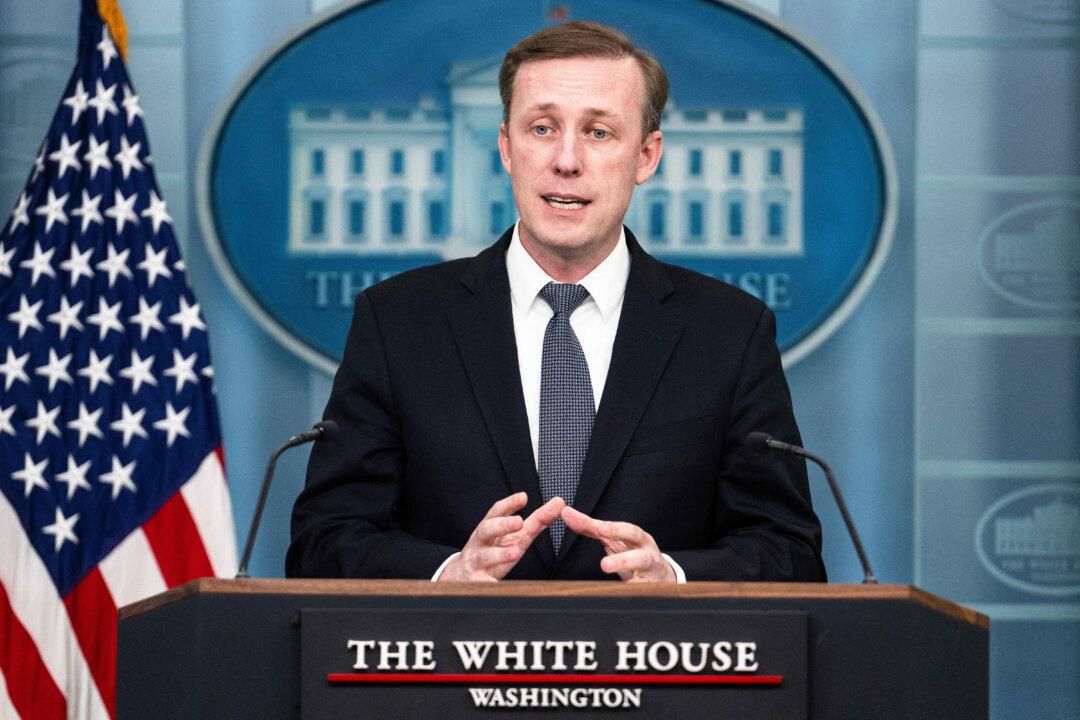NEW DELHI—The United States will remove barriers to civil nuclear cooperation with Indian companies, U.S. national security adviser Jake Sullivan said on Jan. 6 during a two-day visit to the country.
Since the mid-2000s, the two countries have been negotiating on the supply of U.S. nuclear reactors to India. A deal signed by President George W. Bush in 2007 allowed the United States to sell civilian nuclear technology to India.





